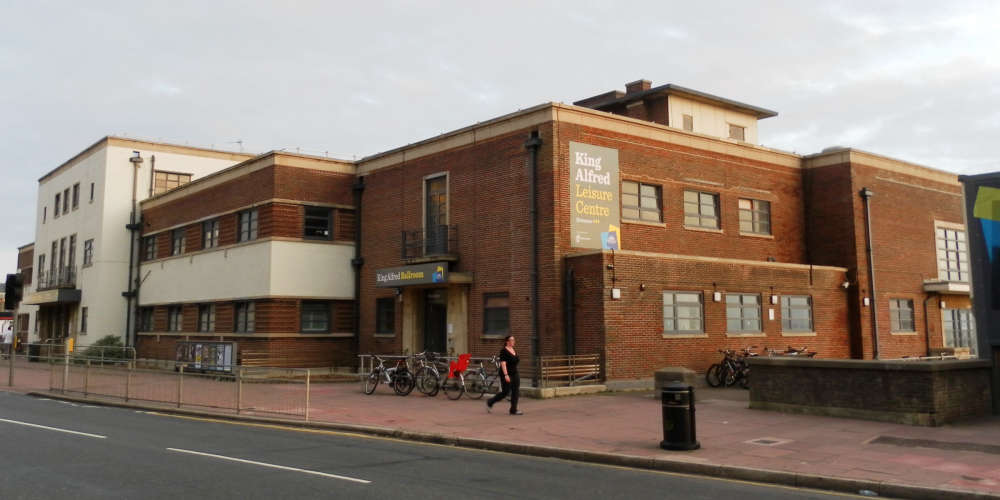
Neurodivergent children and young people in Sussex schools will be better supported in and outside of the classroom thanks to the launch of a new pilot project.
The Partnership for Inclusion of Neurodiversity in Schools (PINS) began formally just last week (4 October) to enhance support for children with neurodivergent needs in 40 schools.
The project provides early support to build inclusive educational environments, proactively address mental health challenges, and support collaboration between schools and parent carers for the benefit of their children.
40 schools in Sussex attended the launch event last week with a full day of learning and sharing together, kicking off seven months of intensive support and guidance to enhance support for children with neurodivergent needs.
Speaking on the launch of the project, NHS Sussex clinical lead for neurodivergence and mental health, Dr Bikram Raychaudhuri, said:
“Recognising and accommodating all neurodiversity within school environments is not only essential for neurodivergent children, but for fostering a culture of acceptance that benefits all students.
“By prioritising inclusion support in schools, we want to pave the way for a more equitable and enriching educational experience for every child and also promote better relations with parent-carers.”
The work is led by a partnership between the NHS, local authority education leads, schools, voluntary sector and the three local Parent Carer Forums (PCFs), to make sure both the home and school environments are joined up to best support children and young people.
The project will provide expertise and support to schools individualised to meet their specific priorities, which were decided in consultation with children and parents and carers.
Chair of East Sussex Parent Carer Forum, Holly Riley-Saxby, said:
“We’re bringing parents and carers together with the schools so we can find out what’s working well and where improvements are needed.
"Our role is to ensure that all feeds into the training and the support that’s given to schools through PINS and make sure schools are hearing directly from families.
“I really want to see cultural change in schools – getting that foundation and the principles right in the first place is key.”
The PINS project is designed provide early support and interventions at school level to cater to a variety of learning styles in order to foster a more inclusive educational environment; proactively address mental health challenges; and contribute to the evolution of comprehensive Special Educational Needs and Disability (SEND) provision within schools.


 Appeal After Arson At Gym In Burgess Hill
Appeal After Arson At Gym In Burgess Hill
 Two Men Sought In Connection With Brighton Rape
Two Men Sought In Connection With Brighton Rape
 Councillors Support Baby Box Partnership With Charities
Councillors Support Baby Box Partnership With Charities
 Brighton And Hove Bus Fare Cap Bid Foiled By Cost
Brighton And Hove Bus Fare Cap Bid Foiled By Cost
 New Medical Centre Scoping Exercise Agreed By Wealden Council
New Medical Centre Scoping Exercise Agreed By Wealden Council
 'Out Of This World' Ideas Put Forward For Future Of Brighton i360
'Out Of This World' Ideas Put Forward For Future Of Brighton i360
 New Fire Engines For West Sussex
New Fire Engines For West Sussex
 Sussex Setback For Travellers As Application Set For Snub
Sussex Setback For Travellers As Application Set For Snub
 East Grinstead Murder Suspect Released On Bail
East Grinstead Murder Suspect Released On Bail
 Popular Gym For The Axe As Leisure Centre Redevelopment Approaches
Popular Gym For The Axe As Leisure Centre Redevelopment Approaches
Comments
Add a comment